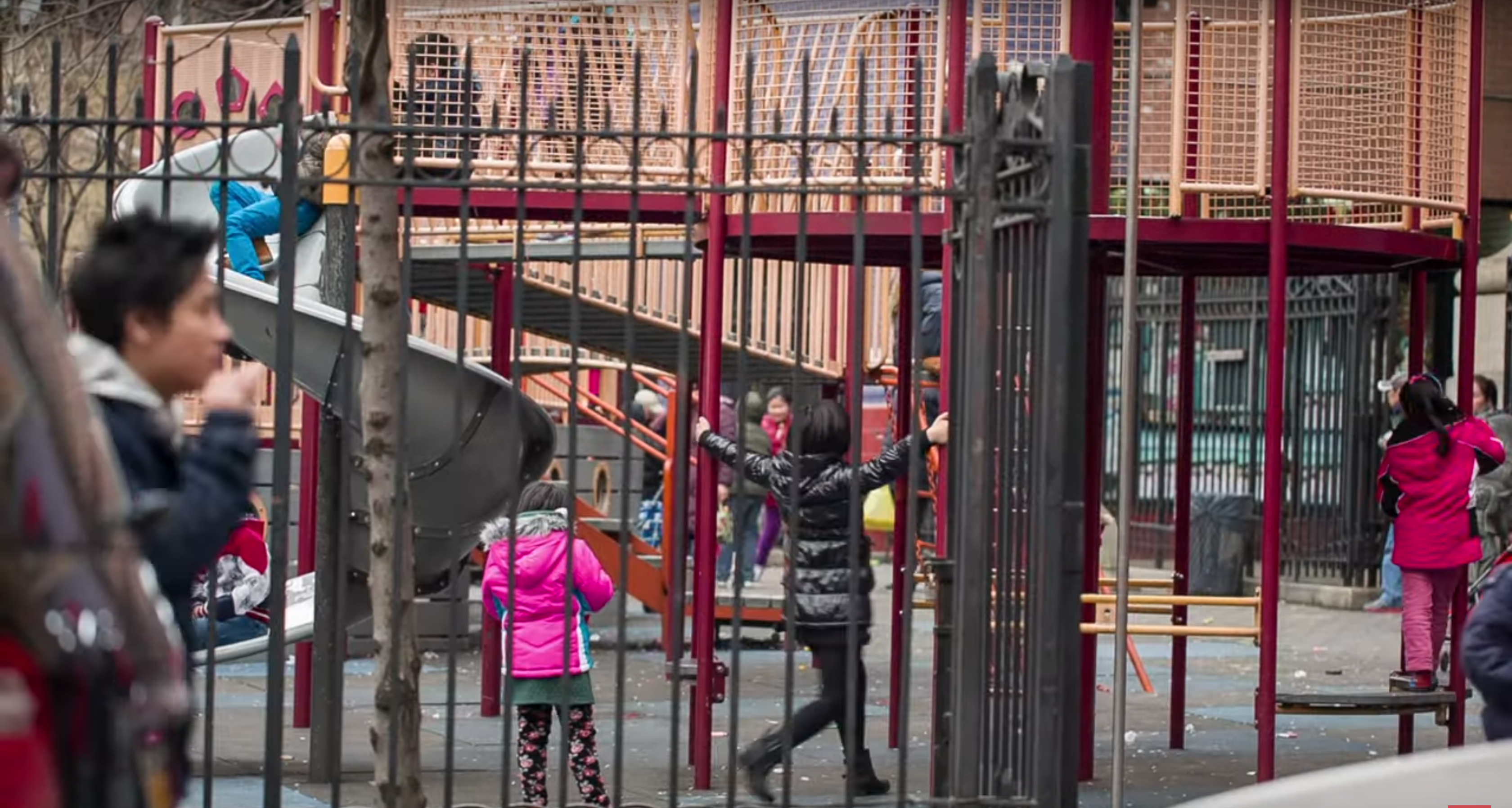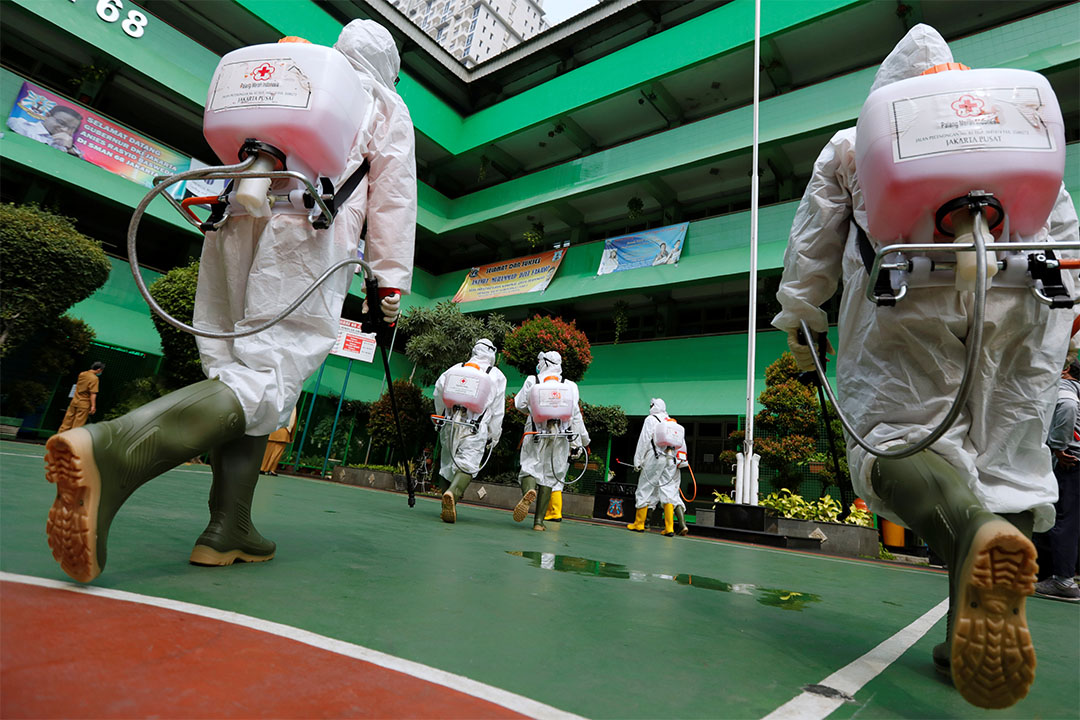
Health professionals face a massive challenge in responding to the coronavirus. Child psychologists are no exception as they deal with mental crises in children caused by the pandemic's upheaval. Some scientists see the outbreak as a natural experiment—a time when a real-life event can be used to track and study changes in everything from ecosystems to human behavior. Events such as 9/11, Hurricane Katrina, and the 2008 earthquake in Sichuan, China, have already helped mental health researchers see how young people typically react during a crisis. Now, two studies—one in Toronto and another in Baltimore—will monitor the emotions and behaviors of children and teens through this pandemic. What they reveal may teach parents and other adults how to help children in later waves of the coronavirus—or during the next major crisis.
COVID-19 Update: The connection between local and global issues–the Pulitzer Center's long standing mantra–has, sadly, never been more evident. We are uniquely positioned to serve the journalists, news media organizations, schools, and universities we partner with by continuing to advance our core mission: enabling great journalism and education about underreported and systemic issues that resonate now–and continue to have relevance in times ahead. We believe that this is a moment for decisive action. Learn more about the steps we are taking.










